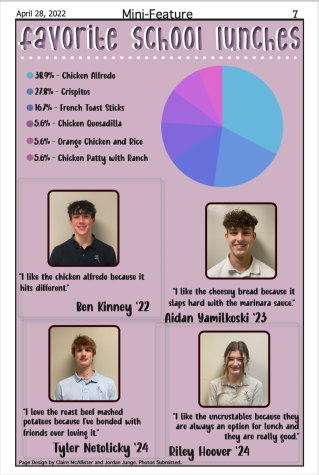Mental game
September 16, 2021
The 2020 Tokyo Olympics have come and gone and there were many historic and controversial moments, but nothing sparked as much controversy as United States gymnast Simone Biles’ withdrawal from five out of the six events she was competing in. Biles decided to take a step back from competition after experiencing the “twisties”, a sudden inability for gymnasts to locate themselves in the air while performing a routine. The shocking news showed the world how important it is to take care of one’s mental health, including professional athletes. Japanese tennis star, Naomi Osaka has also struggled with her own mental health issues. Earlier this year, Osaka skipped a press conference at the French Open. French Open officials fined Osaka $15,000 and threatened to disqualify her from the tournament if she missed another press conference. “In any other line of work, you would be forgiven for taking a personal day here and there, so long as it is not habitual. You would not have to divulge your most personal symptoms to your employer. I felt under a great amount of pressure to disclose my symptoms—frankly because the press and the tournament did not believe me,” Osaka said. The tournament officials later took the fine away, saying that they encouraged Naomi to take time for her own mental health. This did not stop her from being upset with the officials and withdrawing from the tournament. While a few athletes, like Biles and Osaka, share their mental health battles publicly, many athletes and everyday people struggle with similar battles. Xavier senior Aree Beckmann, started playing basketball in the first grade and dedicated herself to the sport. She had aspirations of playing in college and worked hard to reach her goals. In the middle of her junior season, Beckmann began to struggle. Her mental health was suffering from the pressure of playing basketball on top of school and family life. Beckmann realized this and decided to step away from the court, even though it was difficult for her. Beckmann understands she is not the only one who has struggled with their mental health. After her own experience, she is always looking out for others struggling with the same things. “Pay attention to how you are doing in school and at home. Also the environment you are playing in either on or off the court or field,” Beckmann said. Professional athletes that speak up about mental awareness are creating awareness of how common mental health issues are. Noticing and helping people that suffer from mental health is becoming more and more important. While it may be difficult at the time, taking a step back and putting someone’s mental health first is ultimately what is most important.



